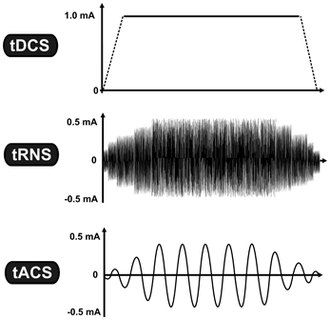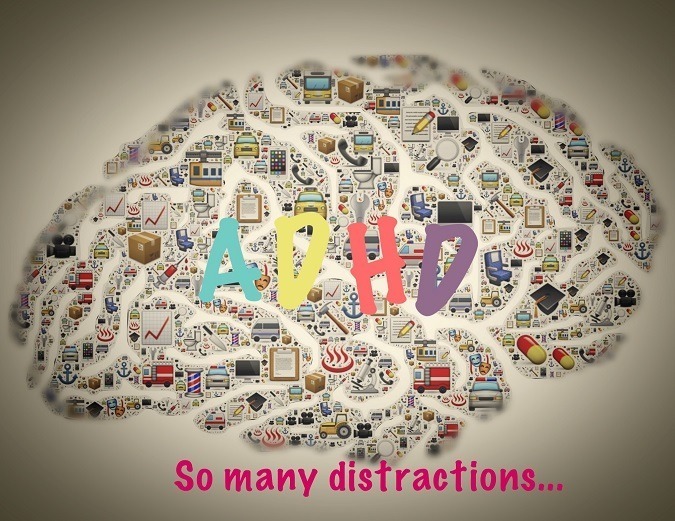Posts by Dr. David Rabiner
Study finds positive self-reported aspects of the ADHD experience among young women, especially related to hyperactivity and hyperfocus
As is true for children and adolescents, many adults experience substantial challenges related to having ADHD. These challenges often include relationship problems, educational and work challenges, difficulty adhering to long-term plans and goals, and time and money management difficulties. Given these well-documented difficulties, it is not surprising that ADHD treatment with adults has largely adopted…
Read MoreNon-invasive Transcranial Electrical Stimulation (TES) shows early promise to treat ADHD symptoms in children
Many children with ADHD benefit from medication treatment, behavioral treatment, or their combination, but others do not. In addition, parents are often reluctant to start their child on medication and high quality behavioral treatments are not readily accessible in many areas. The long-term efficacy of these treatments is also less than desirable. Thus, despite these…
Read MoreEvidence review: Physical exercise helps boost attention, cognitive flexibility and inhibitory control in children and adolescents with ADHD
The impact of physical exercise on ADHD has been examined in a large number of studies. Collectively, these studies have examined whether exercise reduces on core ADHD symptoms, e.g., inattention and hyperactivity/impulsivity, and strengthens executive functions, e.g., inhibitory control, working memory, and mental health, e.g., emotional and social functioning. Overall, results across multiple studies suggest…
Read MoreStudy: Self-guided internet-delivered treatment can significantly reduce ADHD symptoms among adults
Although ADHD was originally considered to be a disorder of childhood, it has been clear for years that it also impacts adults. At least 60% of children diagnosed with ADHD struggle with symptoms into adulthood and the estimated prevalence of ADHD in adults is between 4 and 5%. As with children and teens, medication treatment is…
Read MoreCanadian study finds causal link between time playing videogames at age 12 and ADHD symptoms at age 13
Recent studies have linked screen time — including video game play — to concerning outcomes in children, including low self-esteem, low life satisfaction, and depressive symptoms. Screen time has also been found to be correlated with symptoms of ADHD in children and adolescents, even when earlier attention difficulties are taken into account. These findings suggest…
Read MoreAre ADHD medications overprescribed or underprescribed? (Quick answer: both)
Although medication treatment for ADHD has been shown to significantly reduce core ADHD symptoms in hundreds of studies, important concerns remain about it being prescribed inappropriately to children and teens who do not have ADHD. There is also evidence that many youth with ADHD who could potentially benefit from medication treatment do not receive it,…
Read More





